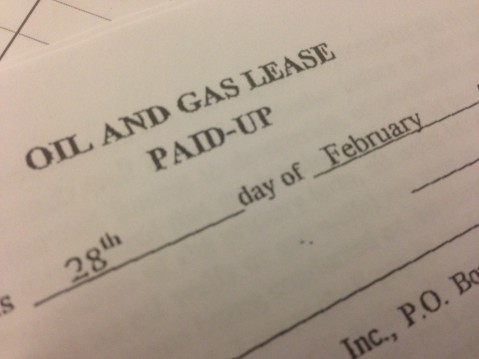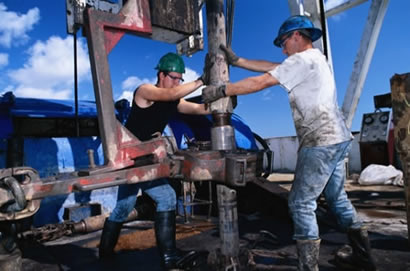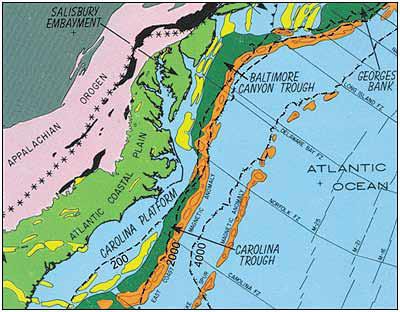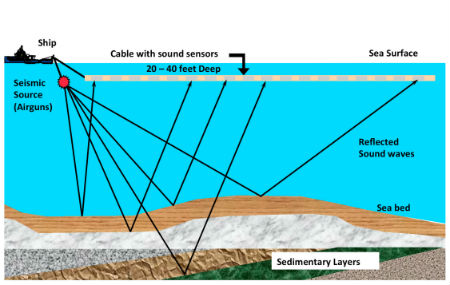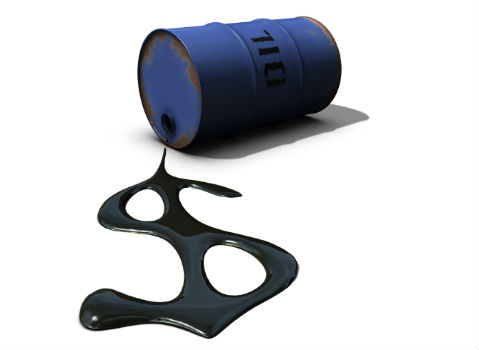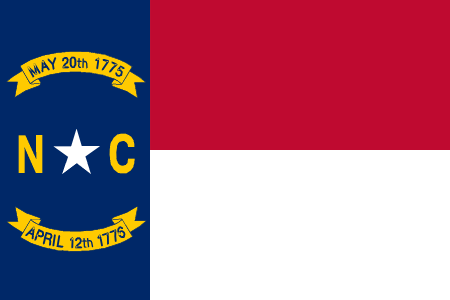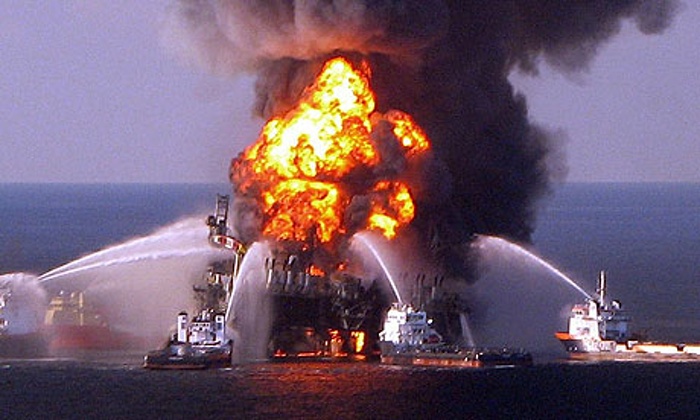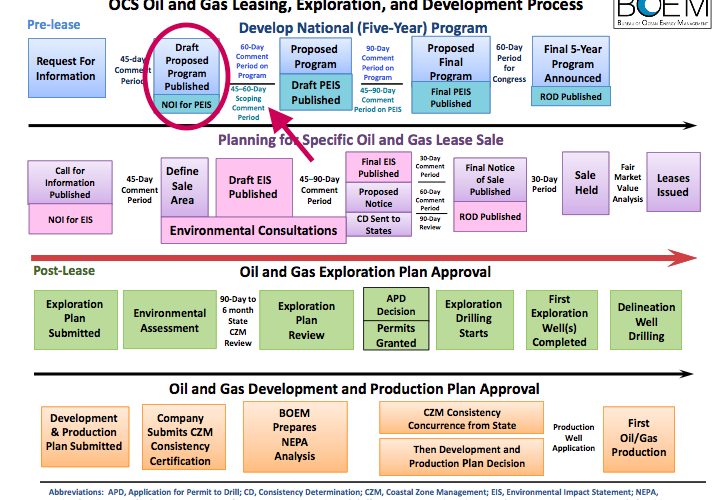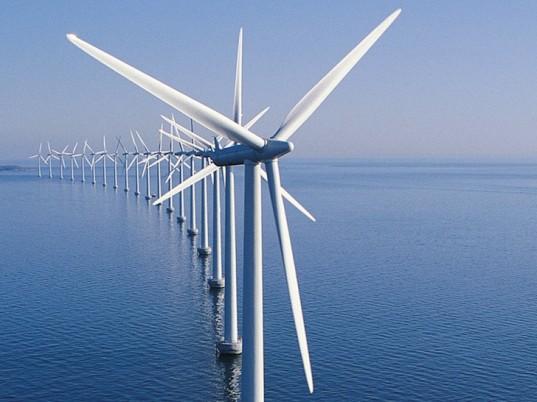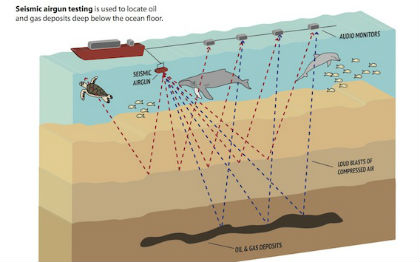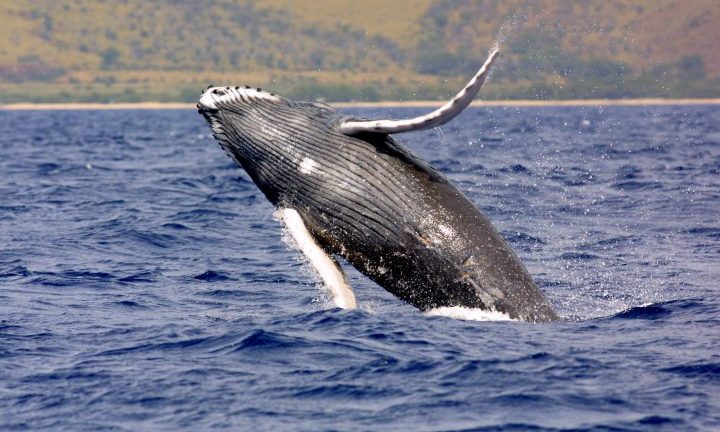A federal report done in 1992 highlighted research that needed to be done to better gauge the effects of drilling on the N.C. coast. Nothing ever came of it.
Offshore Drilling & the N.C. Coast
Benefits Based on Assumptions
Politicians say states’ investments needed to support offshore oil and gas development warrant revenue sharing but laws must be changed for that to happen.
Oil, Gas Revenues Vary by State
The path for coastal states receiving royalties was blazed by elected state officials who negotiated for a return on their infrastructure investments.
Drilling Pros: Jobs, Jobs, Jobs
Proponents of offshore drilling predict that a massive new workforce could be on North Carolina’s horizon if oil and gas resources are tapped in the Atlantic Ocean.
Top Jobs in the Oil Industry
Jobs in oil and gas production can be highly technical, complex, demanding and, in many cases, come with high-paying salaries.
Oil: Between a Rock and a Hard Place
Oil and natural gas come from ancient organisms – tiny plants, algae and bacteria mainly – that were powered by the sun during various stages of Earth’s geologic history.
What’s Out There?
The federal government estimates the amount of recoverable oil in the Atlantic at about 4.7 billion barrels. Natural gas stands at 37.5 trillion cubic feet – but nobody knows.
Seismic Tests Not Imminent
The Atlantic is considered a “frontier” for offshore energy exploration as it hasn’t been a target of oil companies since the early 1980s.
Oil Money and N.C. Energy Policy
With the shift of power in Raleigh came a dramatic increase in campaign donations from the oil and gas industry.
New Energy Bills Pave the Way
Timeline of N.C. Energy Bills
Energy Lobby Behind McCrory’s Oil Crusade
An 18-month investigation by Facing South finds that the Outer Continental Shelf Governors Coalition, chaired by Gov. Pat McCrory, is largely run by two groups tied to the oil and gas industry.
Offshore Permitting: Long, Winding Road
The move to drill for oil or natural gas off the N.C. coast has begun but a number of environmental studies and opportunities for public involvement remain.
An Offshore Timeline
In general, it can can take anywhere from seven to 10 years from purchase of the lease to the first production for an offshore well in areas that have existing infrastructure.
Wind: The Other Energy Resource
Three areas off Kitty Hawk and Wilmington are considered the most promising wind energy resource in the mid-Atlantic region.
Seismic Surveys: Advantages and Controversy
Seismic surveys are considered the most accurate way to find petroleum reserves, but they’s also very controversial.
Laws Governing Drilling Off N.C.
Numerous federal and state laws govern the development of oil and natural gas off the N.C. coast. These are the major ones.


